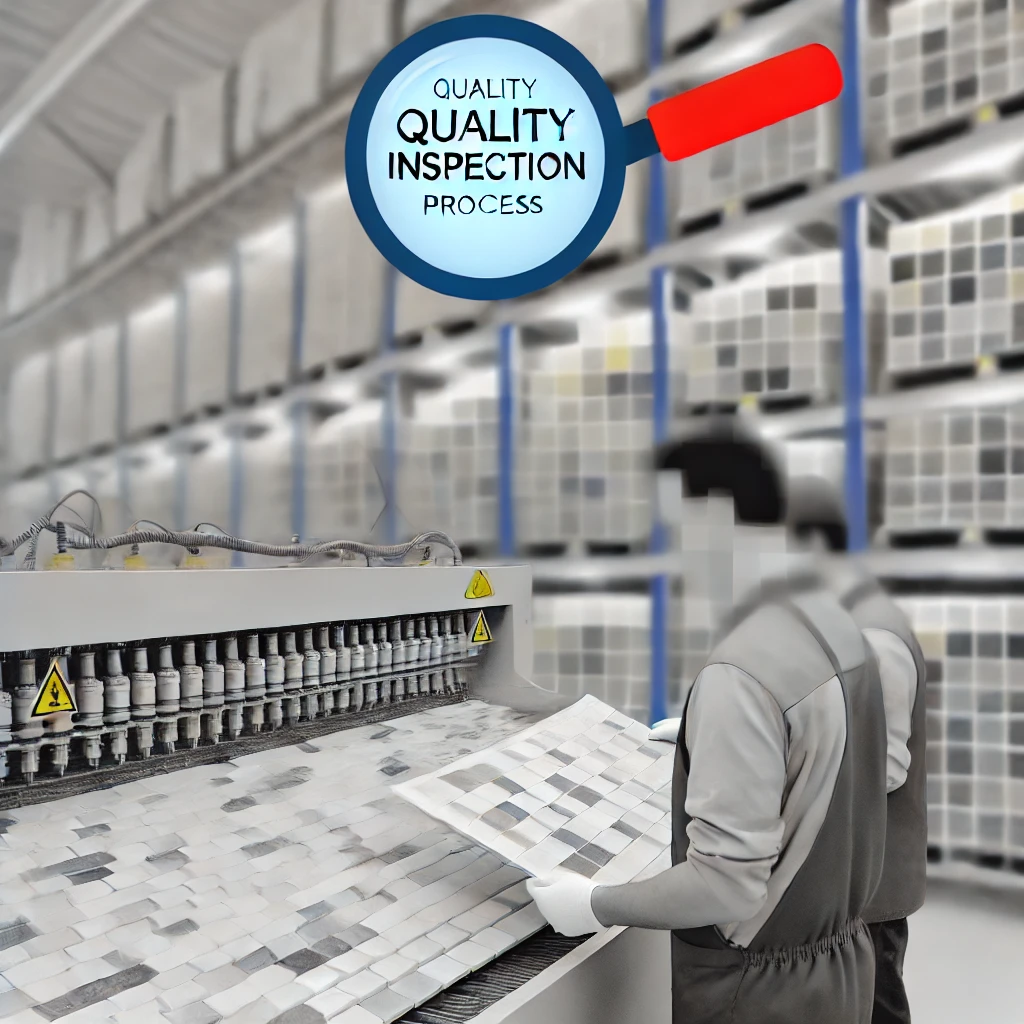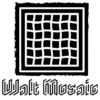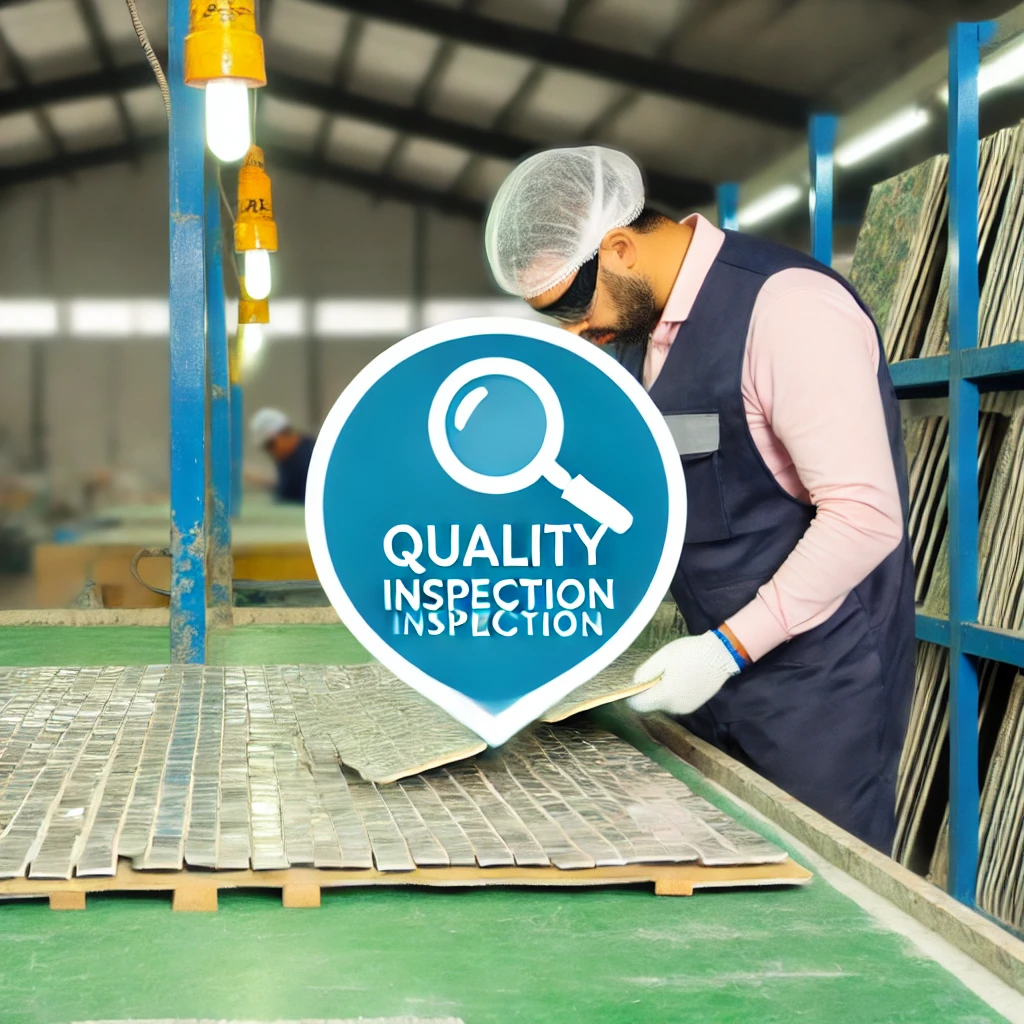Introduction
In international engineering projects, the quality of building materials is directly linked to the safety, durability, and aesthetics of the entire project. For procurement professionals, ensuring that the purchased materials meet international standards and project requirements is crucial. Mosaic tiles, widely used in various architectural projects, are no exception. Their quality control and certification standards are of paramount importance. This article explores how to effectively control the quality of mosaics in international procurement and ensure they meet relevant certification standards.
Importance of Quality Control
In construction projects, mosaic tiles are commonly used for walls, floors, swimming pools, facades, and other areas. Their quality not only impacts the visual appeal of the building but also involves key performance factors such as waterproofing, wear resistance, and slip resistance. Therefore, strict quality control is essential during procurement. Buyers need to thoroughly understand the supplier’s production processes, material selection, and quality management during production to ensure that the purchased mosaics meet the technical requirements of the project.
Significance of International Certification Standards
- ISO Certification
ISO (International Organization for Standardization) certification is a globally recognized quality management system certification. When selecting mosaic suppliers, buyers should prioritize those with ISO certification. This indicates that the supplier has established a comprehensive quality management system, ensuring that every stage from raw material procurement to final delivery complies with international quality standards. ISO certification effectively reduces procurement risks, ensuring product stability and consistency. - CE Certification
CE certification is mandatory for building materials entering the European market. The CE mark indicates that the product complies with the European Union’s safety, health, and environmental requirements. When procuring mosaics, buyers need to confirm whether the product has CE certification to ensure it can smoothly enter the European market and meet local regulations. - ANSI Standards
In the North American market, ANSI (American National Standards Institute) standards are an important measure of building material quality. For mosaic products exported to the United States or Canada, buyers should check if they comply with ANSI A137.1 standards, which set strict specifications for the dimensional accuracy, compressive strength, and water absorption of ceramic and stone mosaics. - Environmental Certification
With the growing importance of sustainable building practices, environmental certification is also increasingly valued in international procurement. LEED (Leadership in Energy and Environmental Design) certification is a globally leading green building certification system. Buyers can enhance the environmental performance of the entire project by selecting LEED-certified mosaic products. Additionally, some regions require building materials to pass VOC (Volatile Organic Compounds) content tests to ensure they do not harm indoor air quality.
Quality Control Measures in Procurement
- Supplier Audits and Reviews
Buyers should conduct rigorous qualification reviews and factory audits of potential suppliers. By visiting the factory or commissioning third-party agencies to conduct audits, buyers can assess the supplier’s production capacity, quality control systems, and production environment. This ensures that the supplier is capable of producing high-quality mosaics and meets relevant certification standards. - Sample Testing
Before large-scale procurement, buyers should request samples from suppliers and conduct comprehensive performance tests. This includes wear resistance tests, water absorption tests, compressive strength tests, and more to ensure that the sample quality meets project requirements. Additionally, buyers can commission third-party testing agencies to perform compliance tests with certification standards, increasing the reliability of procurement. - Batch Inspections and Acceptance
For each batch of mosaic products, buyers should conduct random inspections and retest key performance indicators. For large engineering projects, buyers should station quality control personnel on-site during production to ensure that the product quality consistently meets the required standards. During acceptance, buyers should also verify the certification marks and relevant documentation to ensure compliance with the regulations of the project location.
Conclusion
In international engineering procurement, quality control and certification standards for mosaics are key aspects of the procurement process. Through strict quality control measures and attention to certification standards, buyers can effectively reduce procurement risks and ensure that the purchased mosaic products meet the project’s technical requirements and international standards. This not only helps improve the overall quality and safety of the project but also provides a competitive edge in the global market.




